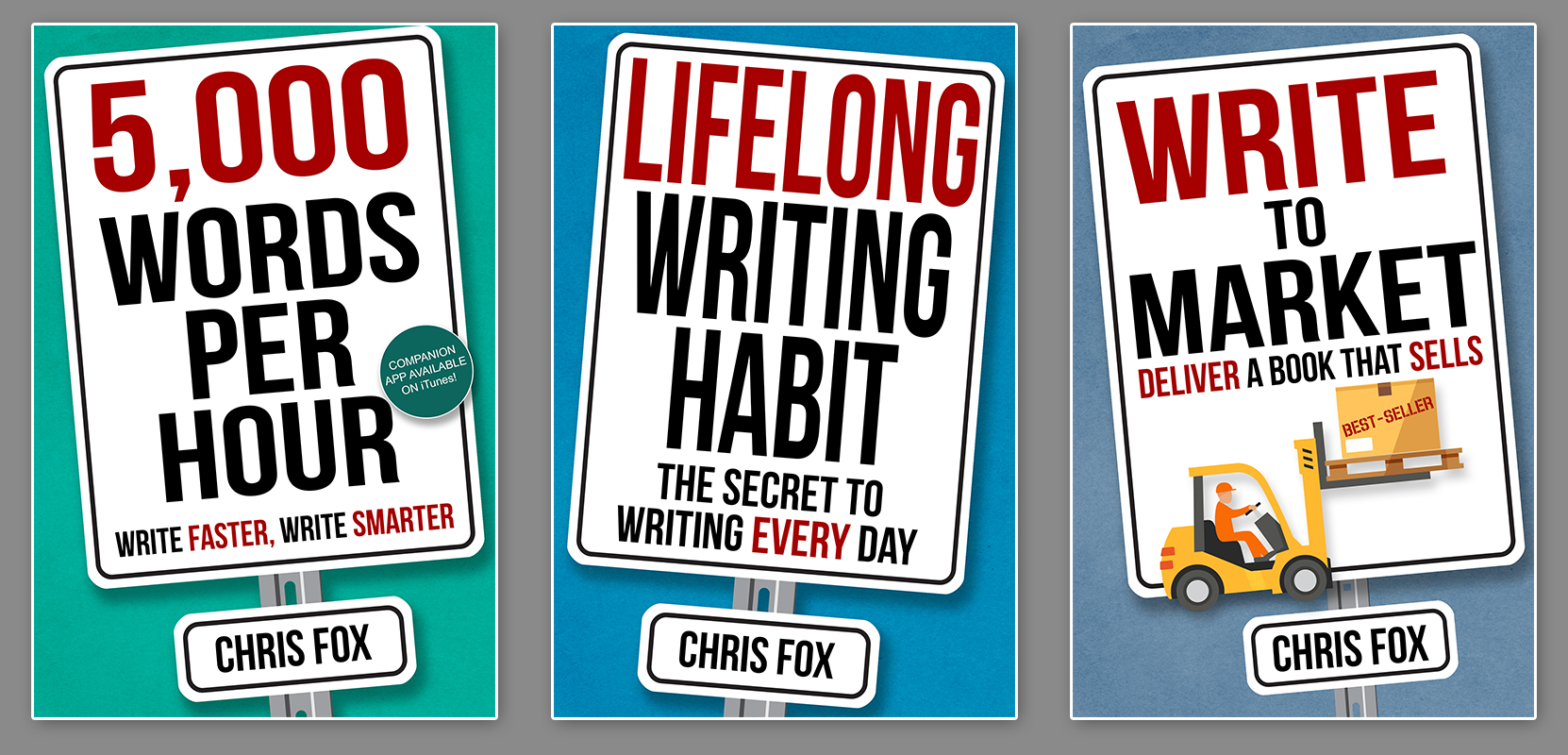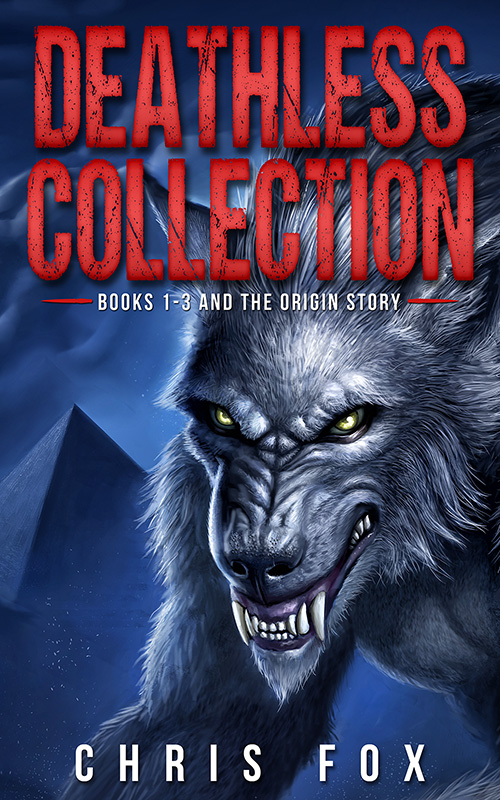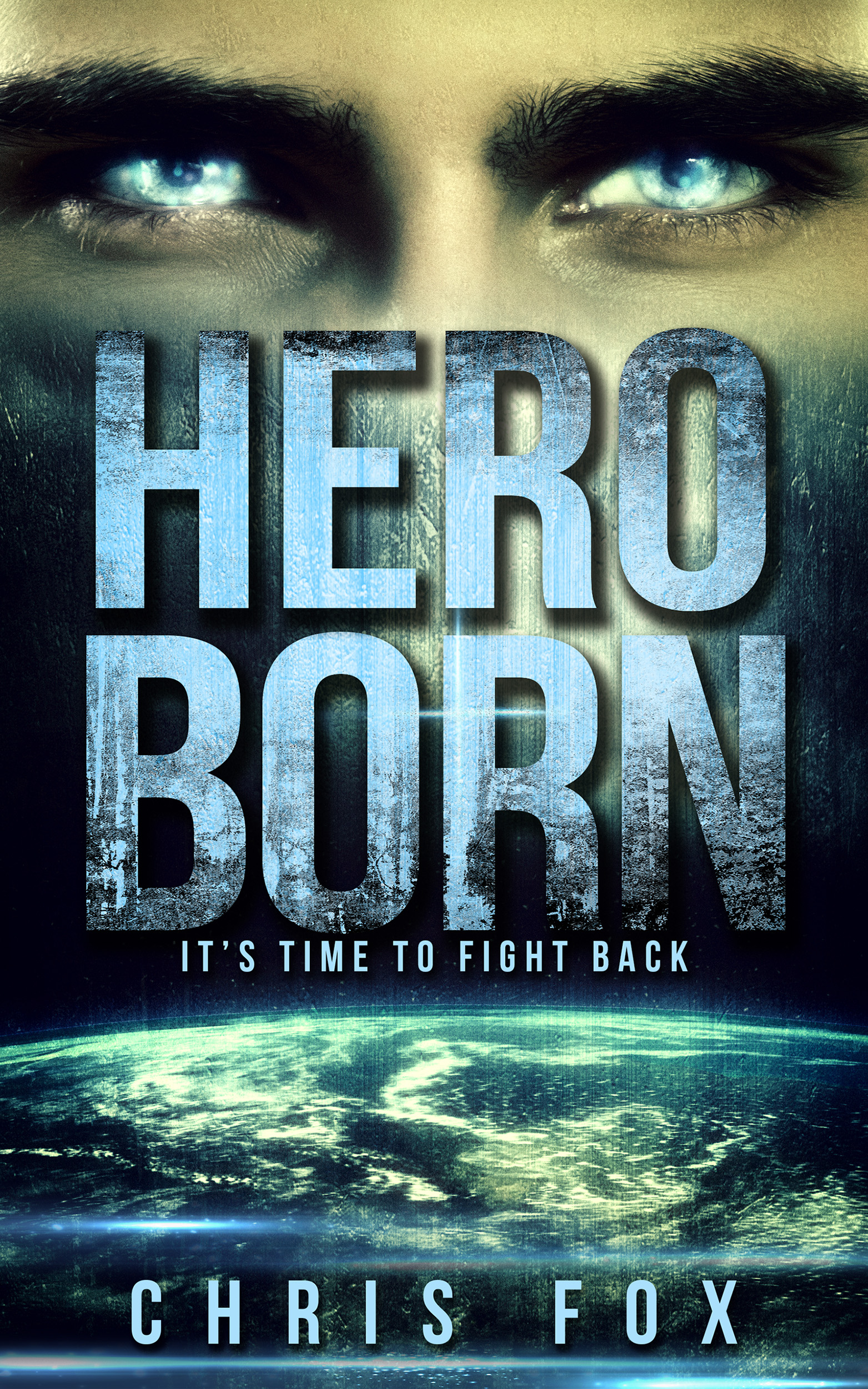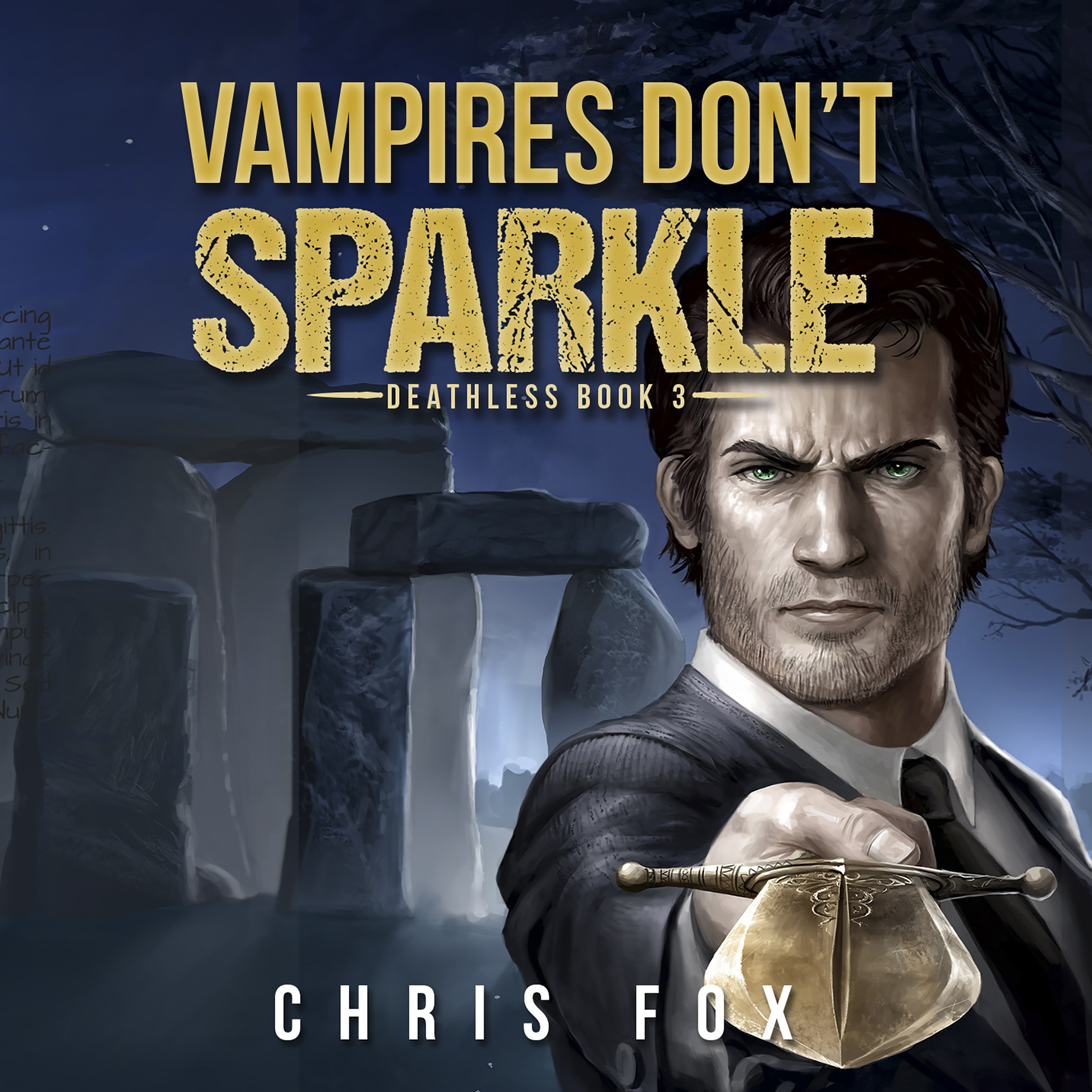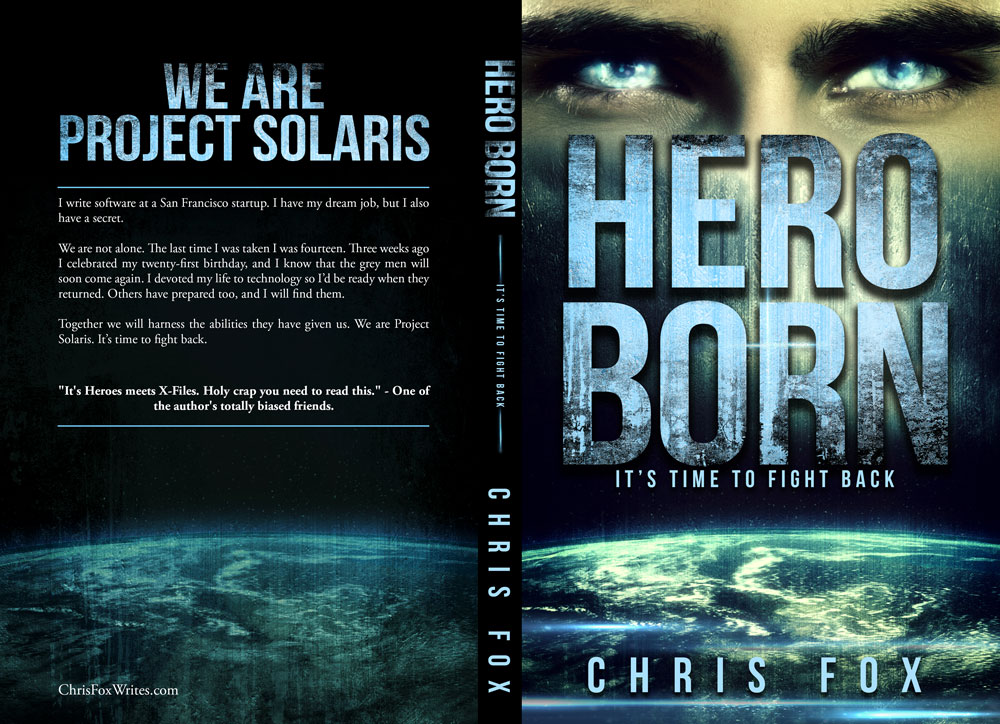Sign Up For the Fiction Mailing List
Dungeons & Dragons and Reader Psychology
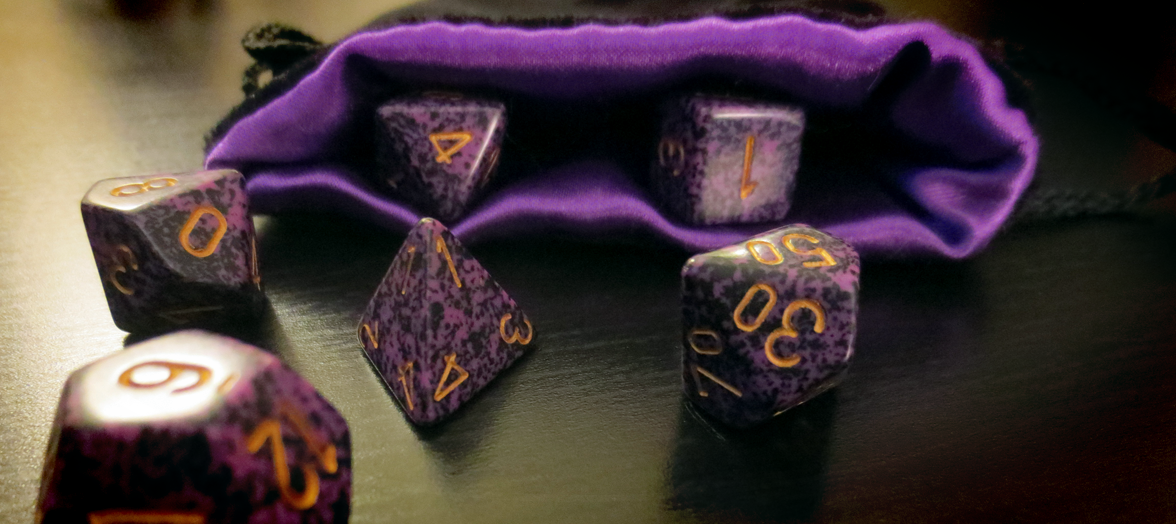 I’ve been a dice carrying geek since I was six. For those not familiar with games like Dungeons & Dragons, you sit around a table method acting. Each person assumes the role of a character, and one person is the game master. The game master helps the players interact with a shared, fictional world.
I’ve been a dice carrying geek since I was six. For those not familiar with games like Dungeons & Dragons, you sit around a table method acting. Each person assumes the role of a character, and one person is the game master. The game master helps the players interact with a shared, fictional world.
Being a game master offered an incredible opportunity to learn storytelling. Every day after school we’d get together, and my friends would expect me to weave a tale to entertain them.
I learned about plot, conflict, and characterization. Every game session honed my craft. I’d get immediate feedback, because it I used a lame story idea or trope, the players would tell me. This proved to be immensely powerful, because I was learning reader psychology without evening understanding what I was doing.

Years of careful observation taught me that different people played for different reasons. My friends fell into three specific play styles, which influenced the type of books they liked to read.
Those types are Tactical, Narrative, and Simulation.
Any given player valued all three types of play, but one of those types was usually much more dominant. Violate that, and that person would mentally check out of the story you were trying to tell.
So what are the three different styles?
Tactical
The first group played because they loved overcoming obstacles. Their characters possessed spells and abilities needed to overcome those obstacles, and the most fun they had was in figuring out how to do that.
They usually loved combat, but also enjoyed any area where they were able to use their character’s abilities to overcome something.
These players read novels with large battles and a lot of detailed tactical maneuvers, but found series like The Wheel of Time incredibly boring.
.
Narrative
Some of my friends loved story above all else. They wanted to know why they were questing to kill the dragon, why the baron betrayed them, and what the world had been like before the dwarves were wiped out.
These players cared about the characters. They wanted to know more about them, and their lives.
Narrative players were the most rare, and usually became game masters in their own right. Almost all of them loved to devour fantasy novels, especially long series with an overarching plot.
.
Simulation
This last type of player valued suspension of disbelief over all other considerations. They wanted to inhabit a living, breathing world. They wanted to know how the magic worked, how the politics of kingdoms worked, the life span of different races, and every other detail— both fantastic and mundane.
Inaccuracies or plot gaps drove players like these from the table. These players also loved to read, though they rarely became game masters. The books they preferred were well researched and true to life.
.
Why Readers Lose Interest
So what do these player types have to do with your readers?
Every reader has a different set of reasons for devouring books. Some are looking for raw escapism. Some want to experience a specific emotion. Some want to learn something.
If you violate their expectations you’ve just lost a reader. They demand a certain emotion and / or experience, and you’d better deliver.
A few weeks back I ran a game for some guys I’ve known since high school. They’re narrative players, and they wanted a narrative game. So I ran one, and they loved it.
My Saturday night Pathfinder game is full of tactical players. They don’t care what the dragon’s name is. How many hit points does it have, and how big is the cone for the breath weapon?
If you tried running a narrative game for those guys, they’d suddenly find somewhere else to be on Saturdays. Your readers are the same way.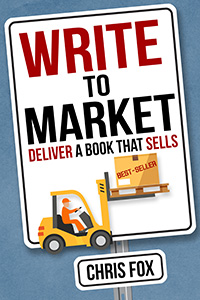
How do you know what their expectations are? Research, just like I did in my weekly D&D games. You need to study the market the same way I studied my players. Yes, I’ve conveniently written a book about the topic for you over-achievers, but don’t worry. I’ll sketch the basics here.
.
Reader Psychology
Why do people read Stepbrother Billionaire Romance? How about Space Opera, or Cozy Mysteries? Those three groups will have radically different reasons for reading.
You need to understand what your readers expect before you start writing, so that the novel you write conforms to their expectations.
If you’ve already written a novel(s) and it isn’t selling, then you need to get it in front of people whose expectations match the kind of story you’re telling.
When I played D&D with my friends I knew the kind of game they enjoyed, so that’s what I ran. I sometimes gamed with different groups, and I tailored my style accordingly. That was easy, because they were real life friends.
It’s a little more challenging for a writer to learn about expectations, but definitely still possible. Here are three steps you can take to better understand your reader
.
1- Which books are the top of your chosen genre right now? What do their cover, blurb, title, and category tell you about who they might have been written for?
When I see a naked male torso I’m pretty sure I’m not the intended audience. But who is? I’m going to go out on a limb and say heterosexual women, or homosexual men.
If the blurb is about a woman meeting a sexy soccer star while on vacation odds are good I can rule out most of the homosexual men. That book is targeted at women, and I’d wager those women are looking for…wait for it…romance.
No matter what genre you’re examining, readers have reasons for loving it. Those reasons aren’t always the same, but you can almost always find patterns.
.
2- What do the reviews say? Look at the five star reviews, and the one star reviews. These are the ones whose expectations were either exceeded, or not met. Do the reviews have a common theme? What did people really like / dislike?
I did this exercise for one of my own books, No Such Thing As Werewolves. The one star reviews are all from simulationist type readers. They hated the inaccuracies, especially about guns and military hardware. Clearly, I violated simulationist expectations.
The five stars overwhelming mention how anthropology, helio-seismology, genetics, and history were all worked in. They loved how those things supported the story, and how all these seemingly unrelated events (a solar flare, an ancient culture returning, werewolves, Egyptian Gods) were all tied together.
These readers were narrative. They loved the plot, and overlooked a few inaccuracies.
.
3- Examine yourself. Why do you read? What experience are you seeking? What is your favorite book? What’s a book that you thought you’d love, but ended up hating? Why did you hate it? Which expectations were not met?
These answers should tell you a lot, both about yourself and your potential reader. Understanding how readers think is the fastest way to a sustainable career as a writer.
Full Time Author
Wow. Just wow. Saturday morning marks the achievement of a lifelong dream, one I first conceived when I was six years old. That was the first time I realized I wanted to tell stories for a living.
I gave that dream up twice. First when I turned eighteen and realized I wasn’t some perfect snowflake destined to write the next great American novel. Then again in 2004 when I published my first short story and realized that while writing was fun there just wasn’t enough money in it to make a living.
Friends and family had long told me that exact fact. The starving artist was a real thing, and if I didn’t want to be that guy I needed a real job. That made me inordinately sad, and I made two choices as a result.
The first was going into technology. Instead of teaching myself to be a novelist I taught myself to write mobile apps for the iPhone. The second was pouring my creative energy into running D&D games for my friends.
This worked for a while. I started making great money as an engineer, but doing so required me to move away from my friends. Suddenly that creative outlet was cut off, and the relentless energy began to build. I needed a way to express it.
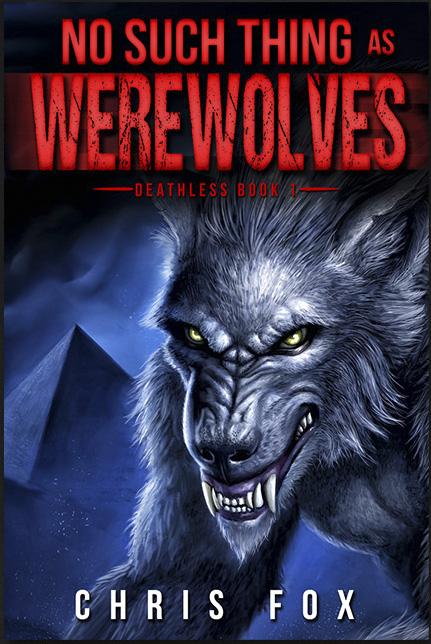 So I started writing No Such Thing As Werewolves. I decided that it didn’t matter that no one would ever read it. I’d know that I finished a book, and that would be enough. I didn’t really need the money, since my day job was paying more than I’d ever thought I could make.
So I started writing No Such Thing As Werewolves. I decided that it didn’t matter that no one would ever read it. I’d know that I finished a book, and that would be enough. I didn’t really need the money, since my day job was paying more than I’d ever thought I could make.
It took two years to finish it, and once I had I started wondering what to do with it. I’d read articles about Hugh Howey, John Locke, and many other indie authors making a great living. So I had a cover made, and threw the book up on Amazon.
I started hanging out on Kboards where I met a ton of other authors, and I started learning more about this whole author gig. Fast forward fourteen months.
I published seven books and sold a staggering 35,000 copies. I appeared on some of the top writing podcasts in the world, and was invited to the Apple campus to meet the iBooks team. People all over the world read my books, and I receive fan mail every day.
I finally looked up and realized that I was making enough money from this author thing to survive. But I was also working a more than full time job at a San Francisco startup. I was tired, and burning out.
So I faced a difficult choice. I could dial back the writing and focus on my ‘career’, or I could give up my enormous salary and take a chance on this whole writing thing.
It was an easier decision than I’d thought. I love writing. I love telling stories that entertain people, and I love writing books that help authors build their business. Software? That was just a job.
I went with my passion. Friday was my last day at CellScope. Now, I am a full time author.
Marketing is Farming, Not Hunting
Writing a novel is an immense undertaking, and before you finish it you think it’s the most daunting thing you’ll ever do. Then you DO finish it, and suddenly you need to figure out how to get people to read it.
Before long you realize you need to learn this strange sorcery called marketing, so you start asking around, reading blog posts, and digesting anything else you think will help. Then you start posting ‘look I wrote a book’ to Facebook, Twitter, and anywhere else you think people might see it.
People throw rotten tomatoes, and you quickly retreat back into your introvert shell. You realize that all the Facebook groups you joined are full of other people like you who are also yelling BUY MY BOOK as loudly as possible.
The method described above is the hunting approach. Your prey are readers, and you are stalking them through the internet wilds. The sad reality is that isn’t very effective. Readers are canny prey. You must get them to come to you.
Brute force isn’t going to work. Spam isn’t going to work. You need to find a way to get your book in front of the right people, and do it in such a way that they are receptive to even hearing about a book.
You need to take the farmer’s approach. A farmer knows that harvesting a crop will take an entire season, and that if they don’t tend to their crop it will wither and die. It isn’t a quick process, but if they are diligent the day will come when they reap a bountiful harvest.
.
Plant the Right Crop
 A farmer begins by selecting the right soil, and planting the right crop. They don’t haphazardly scatter seeds. They plan. They visualize their crop, and know what they want their harvest to look like before they even get started.
A farmer begins by selecting the right soil, and planting the right crop. They don’t haphazardly scatter seeds. They plan. They visualize their crop, and know what they want their harvest to look like before they even get started.
For writers this means writing the correct book. If you’re an unknown author writing poetry, you’re really going to struggle to get traction. No amount of marketing will get people to shell out money for it.
Simply put, there is no market for it. If you want to succeed at this publishing thing it begins with writing to market. I realize that phrase makes many people feel dirty, but that’s largely because most people don’t understand what it means.
Writing to Market doesn’t mean cranking out a Hunger Games clone, or that the only route to success is shifting to romance when you want to write science fiction. It means you need to make sure there’s an audience for what you’re writing, and that you’re writing it
in such a way that your target audience recognizes that this was written for them.
That’s a lengthly topic, but fortunately (shameless plug) I’ve written a book to teach you all about it. Check it out if you’re curious.
For those who want the quick and dirty version about writing to market, here it is. There are dozens of subcategories for every category on Amazon. Let’s say you like science fiction, and you’re considering writing a book about aliens invading. I’ll give you the hunter version, and the farmer version.
Hunter: Write your awesome invasion book. Get a cool cover. Write the best blurb you can. List the book on Amazon. Start marketing, which means alerting social media, maybe buying some Facebook ads, and possibly submitting your book to book sites like ENT or BookBub.
This method could work. People might really like your book. Or, it could totally fail. It’s really a roll of the dice, because the market is a fickle place. Following the hunter version is taking a big risk, and the odds are against you.
Farmer: The farmer goes to Amazon and looks at the Alien Invasion subcategory. They study the books there. What are the covers like? How do the blurbs read? What are the tropes those books are using? What are the heroes / heroines like?
The farmer reads a few best sellers to get a feel for what readers are buying. Then and only then does the farmer try to plot their novel. They’re still writing their kick ass alien invasion story, but they’re also making sure it conforms to what’s currently working in the market.
A farmer’s work begins before the first word of the novel is written. Farmers are all about preparation. Hunters might find game, or they might come home empty handed. They trust to luck, hoping that they’ll find game in the jungle.
.
Plant Many Seeds
 Farmers know that only a portion of the seeds they plant will bear fruit. Some will wither. Others will get parasites. So they plant a lot of seeds. They water all of them, but they focus on the ones that sprout.
Farmers know that only a portion of the seeds they plant will bear fruit. Some will wither. Others will get parasites. So they plant a lot of seeds. They water all of them, but they focus on the ones that sprout.
You need to do the same thing. A full 75% of the things I try in marketing fail miserably. They produce no results, and in some cases have cost me many hundreds of wasted dollars. But you know what? 25% do work. They sprout, and the instant I see which ones do I know where to focus my energy.
When I launched No Such Thing As Werewolves I spent over a thousand dollars on paid advertising. I only generated about $100 in sales, and because I didn’t know what a Kindle Countdown Deal was I only received half the royalty I’d have otherwise gotten.
At the same time I started talking about the book on a few gaming forums where I was a regular poster. I was simply telling friends, because I was proud of what I’d done. I wasn’t trying to sell books. To my surprise, I started selling books. A lot of books. People knew that I was a genuine, active, and authentic gamer geek. Just like them. So they wanted to support me.
So how does this relate to our alien invasion example about? I’ll give you both approaches.
Hunter: The hunter does an immediate media blitz when the book launches. They post ‘hey my book is out’ on Reddit, Facebook, and everywhere else they can think of. This all happens over the course of a few days.
They end up with a whole lot of down votes, some angry comments, and a few people unfollowing them. They might get a sale or two, but rarely more.
Farmer: The farmer puts their new book into their signature on a couple forums. They may announce it once to show off their snazzy new cover. They become more active in places where people might like their book, like the /r/scifi subreddit over on Reddit.
The farmer approaches some of their favorite science fiction podcasts asking if they can be a guest. They network with other authors in their genre, and study how the successful ones behave. They give of their time, knowing that eventually those favors will present opportunities.
..
Tend Your Crop
 A farmer doesn’t plant his crop, then show up three months later to harvest. The farming approaches requires slow, steady work to succeed. It requires deliberate planning. That farmer is out there every day doing the work needed to get his crop to grow.
A farmer doesn’t plant his crop, then show up three months later to harvest. The farming approaches requires slow, steady work to succeed. It requires deliberate planning. That farmer is out there every day doing the work needed to get his crop to grow.
You need to do the same. This is a marathon, not a sprint. Every day you should be doing something to help grow your brand. That can be a blog post, contributing to forums in your genre, networking with other authors, or a dozen other activities.
The key is consistency. Work continuously to strengthen your brand. You don’t need to do a massive amount of promotion on any given day, and in fact it’s a good idea NOT to do that.
A better approach is doing one small thing, even if that small thing isn’t directly related to your books. When a farmer kills aphids it won’t immediately generate tomatoes, but it will help ensure that months down the road he has a bountiful harvest.
I talk about my love of fantasy books on the Fantasy subreddit all the time. Not because I want to sell books, but because I love fantasy and was doing it long before I started publishing. This has generated quite a few sales, because every one of my posts has ‘writer Chris Fox’ written next to it.
I’m never consciously trying to sell books when I post, but that daily activity sells them anyway.
Hunter: The hunter isn’t concerned with the long term health of their crop. They want sales, and they’ll do whatever they think will achieve them. They’ll spam Twitter, Facebook, and any other channel they can to get eyes on their book. This only ends up pissing people off.
Farmer: The farmer contributes. They become active in a lot of communities where people might be interested in their work, but they don’t actively push that work. Over time people learn about it, and they embrace that person, because they’re an authentic part of the community.
.
The Power of Orchards
 Orchards take years to grow before you see your first fruit. But once you have grown that orchard, the trees will continue to flower year after year. The same is true of many of the basic marketing tactics you should employ.
Orchards take years to grow before you see your first fruit. But once you have grown that orchard, the trees will continue to flower year after year. The same is true of many of the basic marketing tactics you should employ.
Articles like this are a great example. I wrote one a while back about how writers can use gamification to increase their word count. People loved it, and it generated a ton of immediate traffic. It will live on my blog for years, and contains a link to at least two of my books. People still share it, and periodically I may trot it out again on social media. I’ll continue to see traffic as a result, and the more articles I write, the more residual traffic I see.
This will work for fiction too. Let’s say you write epic fantasy. Presumably, you also love to read it. Why not make a top 20 favorite fantasy novel post? Or review Jim Butcher’s latest work? Every time you write an article that potential readers might stumble across you’ve planted another tree.
Over time you’ll grow an orchard, and see a slow but steady flow of the right kind of traffic to your site. Note that you can’t just plant anything for this to work. If your audience loves apples, then you’d better be planting apple trees.
Right writing is key. Know your market.
Hunters: This should sound familiar now. The hunter will keep spamming the same channels. They may add a few new channels, but it won’t matter because saying buy my book over and over is a sure fire way to make sure no one buys your book.
Farmers: Farmers make sure to create content that will interest their target audience. This could be free short stories that tie into their novels, or articles that link to other authors their fans might enjoy. They’re always providing value.
.
Conclusions
Marketing is a slow, steady process. And that’s okay. If you keep experimenting, if you keep growing your brand, then eventually you’ll reap the rewards. It requires patience. It requires diligence. Writing is hard, and marketing is even harder.
So plant a lot of seeds. Water them daily. Stick with it, farmer, and your harvest will come!
Deathless Collection is live
I’ve created my first box set, which feels like a pretty big milestone. I still can’t believe that I’ve written almost 400,000 words in the Deathless Universe!
The set is available on Amazon as of this morning, is up over at Audible, and I’ll be uploading it to iTunes today. I know most of you have purchased all the individual books, but if you haven’t read the series this is a great inexpensive way to get into it!
Hero Born is Live On Amazon
Hero Rising Cover Reveal
Hero Born will be live in just over a week! That means I’m already hard at work on the sequel, Hero Rising. Here’s a sneak peak at the cover. I love the covers for all my books, but honestly? This one might be my favorite.
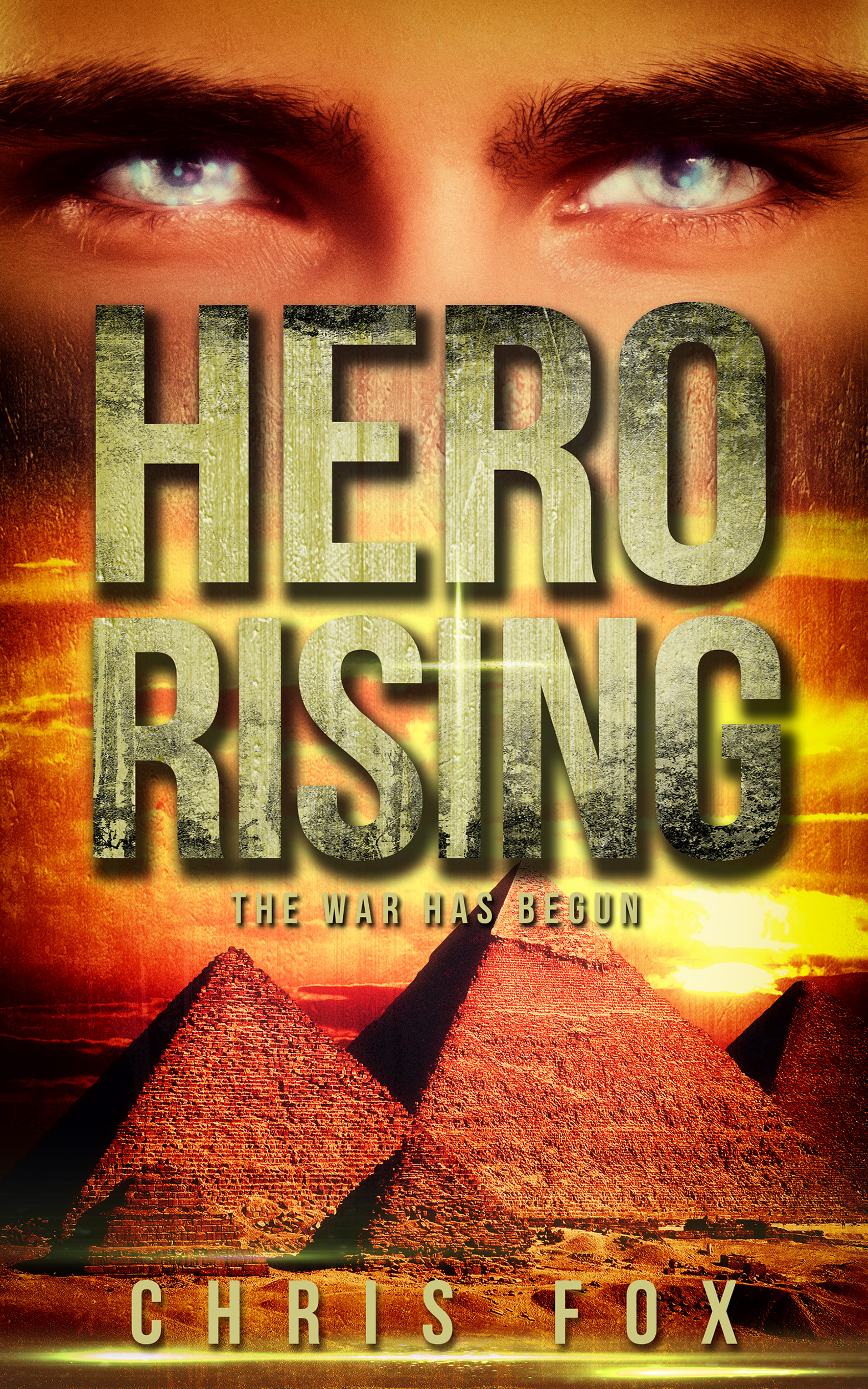
Vampires Don’t Sparkle is live on Audible
Hero Born is DONE
Many people have asked after Project Solaris, and I’m pleased to announce that the first book is complete. Over the next few days I’m sending out advanced review copies, and it will be live on Amazon December 18th.
Hero Born is shorter than the Deathless books, but packed with a lot of answers about the Builders, Mohn Corp, and Osiris. Description is below the cover image.
What’s it about?
You can click the image above to see the full blurb, but here’s the skinny for those who have already finished Vampires Don’t Sparkle.
The Progeny of the Builders have been experimenting on humanity for millennia, imbuing them with super powers. David is one of these experiments, and wants to find out why.
This book takes place roughly 12 months before No Such Thing As Werewolves, and reveals how Mohn Corp knows about the Arks, and what the Builders are really after.
Previously on Deathless
Ryan is hard at work recording the audiobook for Vampires Don’t Sparkle. I’ve uploaded the first fifteen minutes for those who can’t wait! It covers my ‘Previously on Deathless’ section, which details what happened in the first two books.
Hopefully you find it as amusing as I do. Be forewarned, there are some intense spoilers for No Mere Zombie and No Such Thing As Werewolves!




